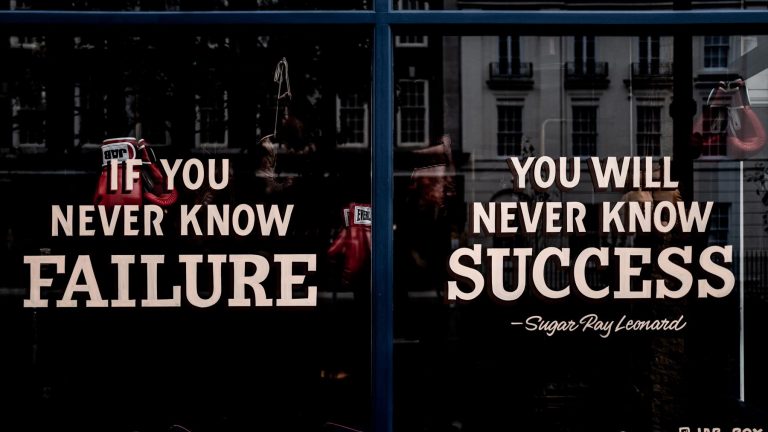The HBO Max movie “An American Pickle,” written by Simon Rich, directed by Brandon Trost and starring Seth Rogen in the dual roles of Herschel and Ben Greenbaum, has many lessons for budding entrepreneurs. While portraying an unrealistic (and somewhat wacky) movie concept and entrepreneurial path, the lessons for those starting a business are mostly rooted in reality.
First, a recap of the plot – warning, spoilers ahead throughout this article! In the movie, Herschel Greenbaum, an immigrant worker in a New York City pickle factory, falls into a large barrel of pickles and is, unbeknownst to his co-workers, sealed inside just as the factory permanently closes in 1919. Then 100 years later, he emerges from the barrel – somehow pristinely preserved by the pickle brine – and thrust into a new, new world of 2019.
As the plot unfolds, so do lessons that young entrepreneurs can take away from the movie.
1. Have a goal or motivation to start your business
Herschel meets up with his great-grandson Ben and discovers the grave of his long-dead wife sits in an abandoned cemetery that is home to a highway vodka billboard. Determined to restore the cemetery and remove the billboard, Herschel is told he needs to come up with $200,000 to reach that goal.
For many young entrepreneurs, they are initially motivated to earn money to buy an expensive toy or product that they can’t afford or their parents do not want to buy for them. In Herschel’s case, his motivation was clear – he needed $200,000. For many kid entrepreneurs, the motivation can be other things, like wanting to do something on their own or learning how to run a business, but often their motivations will somewhat mirror Herschel’s.
2. Choose a business that you are knowledgeable about
Once Herschel knew he had to find a way to make $200,000, he determined fairly quickly what kind of business to pursue – making and selling pickles. This was a business he was intimately familiar with and, without doing any real market research, was confident that he would be able to successfully sell them. He was lucky to be in the New York borough of Brooklyn, where there is a large hipster community receptive to a product that could be marketed as a throwback to the past – “artisanal” food.
For young entrepreneurs, it’s wise to choose a business where they have some knowledge or expertise as that will reduce the startup time for the business. And, if selling products, it’s important to determine if there is a legitimate market for what you are selling.
3. Be resourceful to get cheap/free materials for your business
To get started with his pickle business, Herschel knows he needs to find cucumbers. He goes to the local market but is astonished to find out that cucumbers in 2019 cost almost a dollar each. With very little money saved, he knows that is too expensive for his startup. He decides to look around in trash bins for discarded cucumbers, and finds enough to get started, as well as salt and used jars. He salvaged materials for his street vendor cart and now all he needs is water. He sets up his cucumbers and jars in a park and lets rain fall into the jars.
Young entrepreneurs should never try to re-sell garbage food, but the lesson is applicable – finding used or discounted materials to help build your business can be a way to save money when you are getting started. Sources for this can include dollar stores, thrift stores, flea markets, garage/yard sales, eBay and Craig’s List.
4. Appropriately price your product
So Herschel successfully made pickles, now he needs to sell them. He sets up on a street corner, and potential customers show some interest. They ask him how much for a jar, and he seems surprised at first (“You want to buy?”). He comes up with a price $4 (“Three dollars less than the big store”), but later on when his product goes viral on social media and draws crowds of customers, he realizes he can charge much more, and soon ups his price to $14 a jar.
For young entrepreneurs, setting a price for your product can be tricky; charge too much, and you get little or no sales; charge too little, and you may not make enough money to sustain your business and customers may not value your product as much. Doing some research on competitor’s products is often the best way to set prices, but it may take some trial and error to figure out the optimal price.
5. Make sure food products are safe to consume
As mentioned above, Herschel was using trash pickles and used, dirty jars with potentially polluted rainwater. After he ends up getting shut down when the health department determines his pickles are unsafe for consumption, he learns from his mistakes. He works to get his pickles up to code and his business back up and running again.
For young entrepreneurs selling food items, it’s important to make sure to follow local health codes when preparing food for sale to the public.
6. Hire employees to help improve and expand your business
Herschel’s business needs help, but he determines that he needs employees to safely make pickles. He learns that a way to get free labor is by offering unpaid internships. Many college students apply to intern with him, he interviews them, and he gets the help he needs.
For young entrepreneurs in the real world, hiring interns will be difficult, if not impossible. Most colleges will not give credit for internships at a young entrepreneur’s startup, and students might hesitate to call someone younger than them “boss.” But young entrepreneurs can ask friends or classmates to help them out at a relatively low cost, paying them a salary based on commission or by giving them a percentage ownership of the company.
7. Your behavior on social media can be detrimental to your business
Herschel revives his business after the health department shutdown, and makes enough money to reach his goal of saving the cemetery and removing the billboard. However, his business effectively ends when he starts posting his outdated, sexist and bigoted world view on Twitter and reiterates these views in an in-person public forum. His comments result in his customers boycotting him and he goes out of business.
The lesson for young entrepreneurs is that even if you post on social media about something unrelated to your business, it can end up hurting your business because people are upset with you and do not want to condone such views.
Rising Innovator’s “Entrepreneurial Value” Rating: 7 of 10
Herschel encountered several issues in his entrepreneurial venture, but tackled most of the issues and ultimately reached his original goal. While his methods were somewhat unconventional and antiquated, many of his instincts were spot on. The obstacles that he encountered are similar to ones that young entrepreneurs may encounter when starting up and running their business. Some of his methods and execution though were lacking and/or illegal and should not be followed by any budding entrepreneur.
More about “An American Pickle”:
- Rated PG-13, 90 minutes, Directed by Brandon Trost
- Watch on HBO Max
- Common Sense Media rating: Age 13+
- IMDB
- Rotten Tomatoes
- Metacritic







